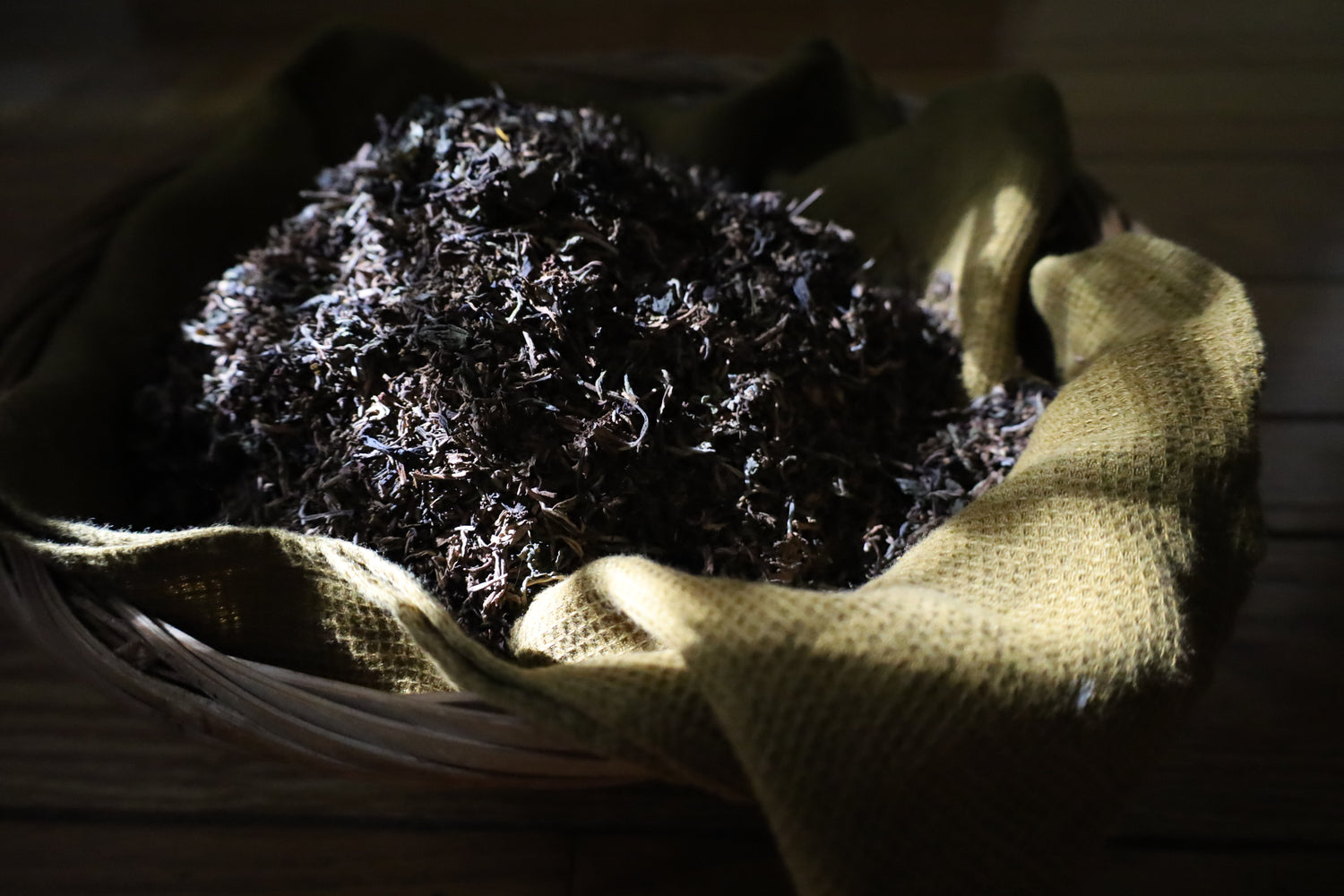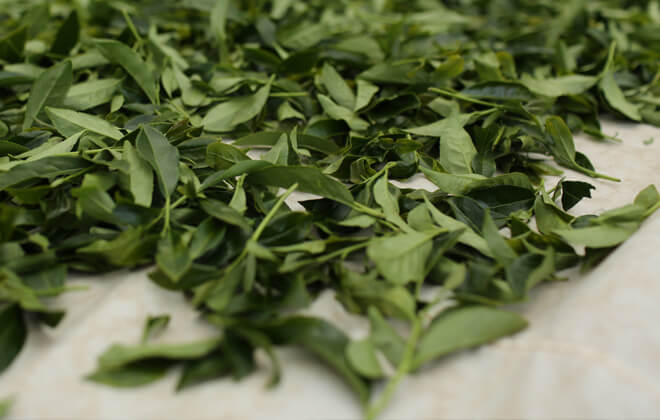
Recycling tea leaves in the garden
Compost enhancer
Used tea leaves are a great source of adding nitrogen, phosphate and potassium to your garden soil, essential nutrients for plant growth. When added to your compost they provide a gentle, sustained release. Tea also contains tannins, which is great for improving soil structure, drainage and aeration.
Moisture retainer for container plants
Gently fork spent tea leaves into the soil of potted plants. Tea leaves act as added moisture retention for potting soil and are particularly beneficial for container plants during hot weather.
Tea encourages wildlife to thrive!
The tannins in the tea leaves are very attractive to earthworms and will encourage them into your soil. Worms not only add additional nutrition to your soil but also improve aeration.
If you want more wildlife in your garden, use your tea to attract the worms, the worms encourage plant life which in turn invites butterflies and birds!

Recycling tea leaves in the home
To dry, leave a single layer in a basket in the sun or on paper towels or a tea towel.
Natural aromatizer
Place dried used tea in a small muslin bag. They make excellent drawer or cupboard deodorizers.
Place the dried leaves in an aromatherapy burner, in place of essential oils. The gentle flame of the candle will release a light tea-scented, incense-like smoke.
Tea Bath
Throw the sachet into the tub to infuse your bathwater.
Tea Pillows
Dried used tea leaves have great antimicrobial properties and their nuanced natural fragrances make them an excellent pillow-filling choice. They can calm nerves, promote healthy sleep and enhance overall relaxation.
Skin Care
Used tea leaves straight from the pot retain their antioxidant effects so they make an excellent gentle face scrub for sensitive skin.
Place used wet green or black tea leaves into a muslin pouch and use to soothe tired eyes.
Feed your pro-biotics!
If you make homemade kombucha, simply boil the used tea leaves with a little sugar, cool to room temperature and use it to feed your kombucha starter.
